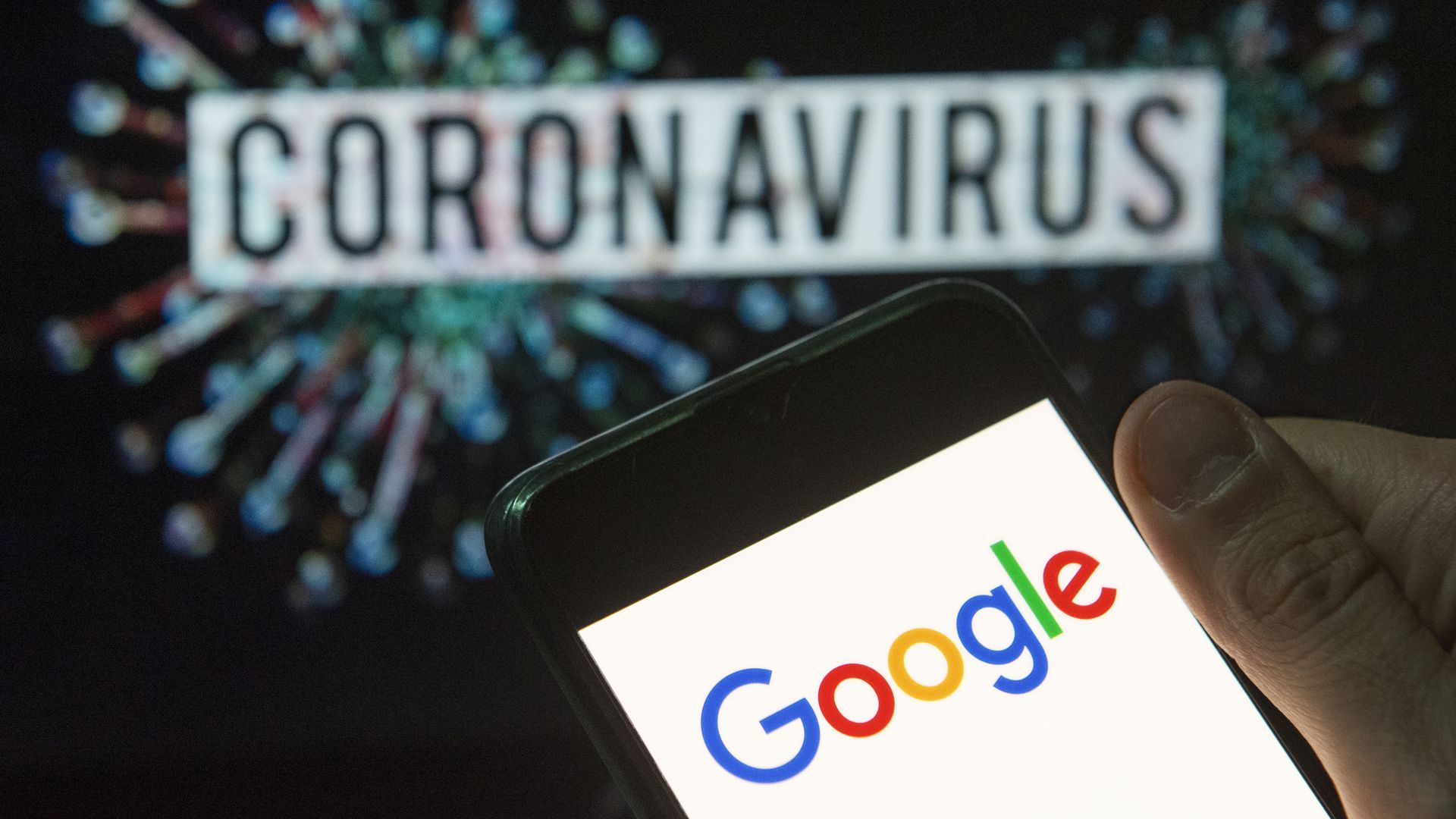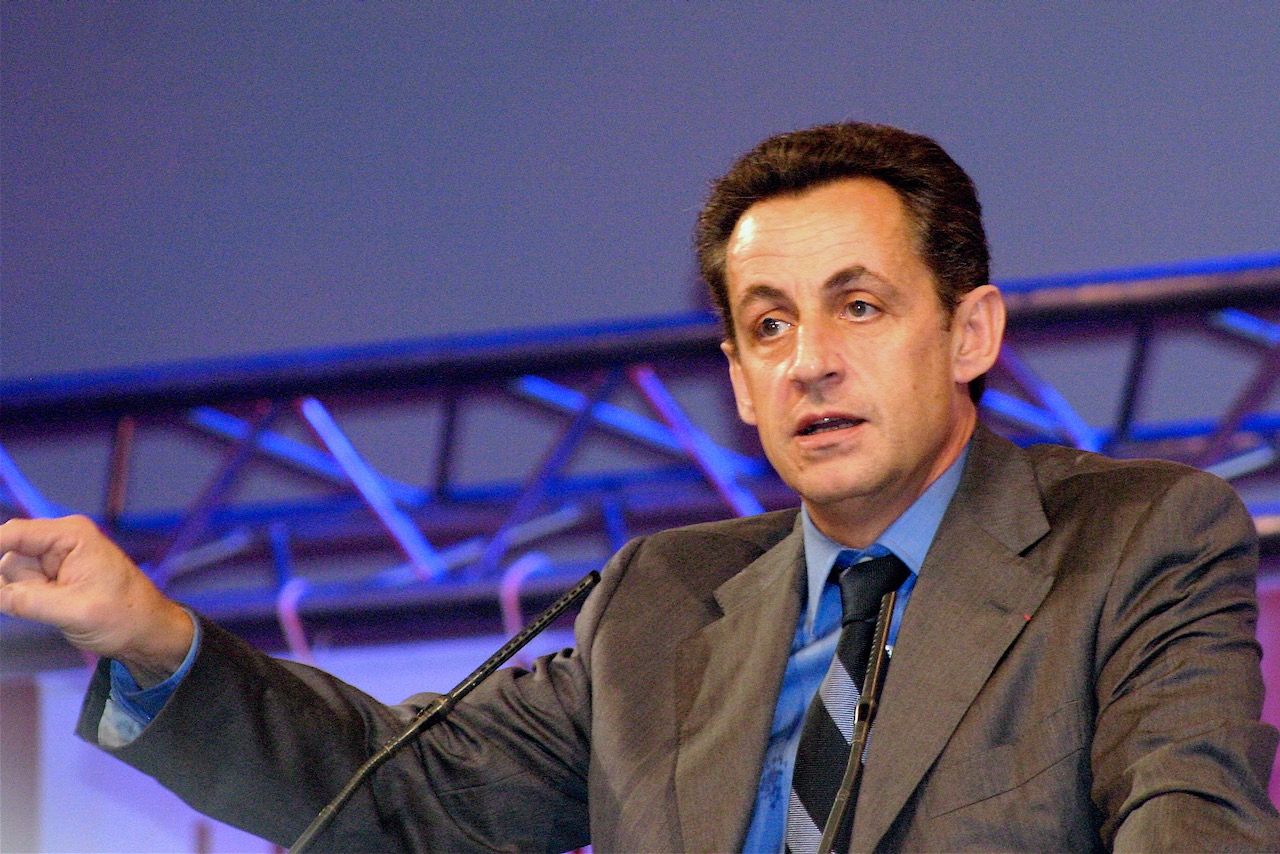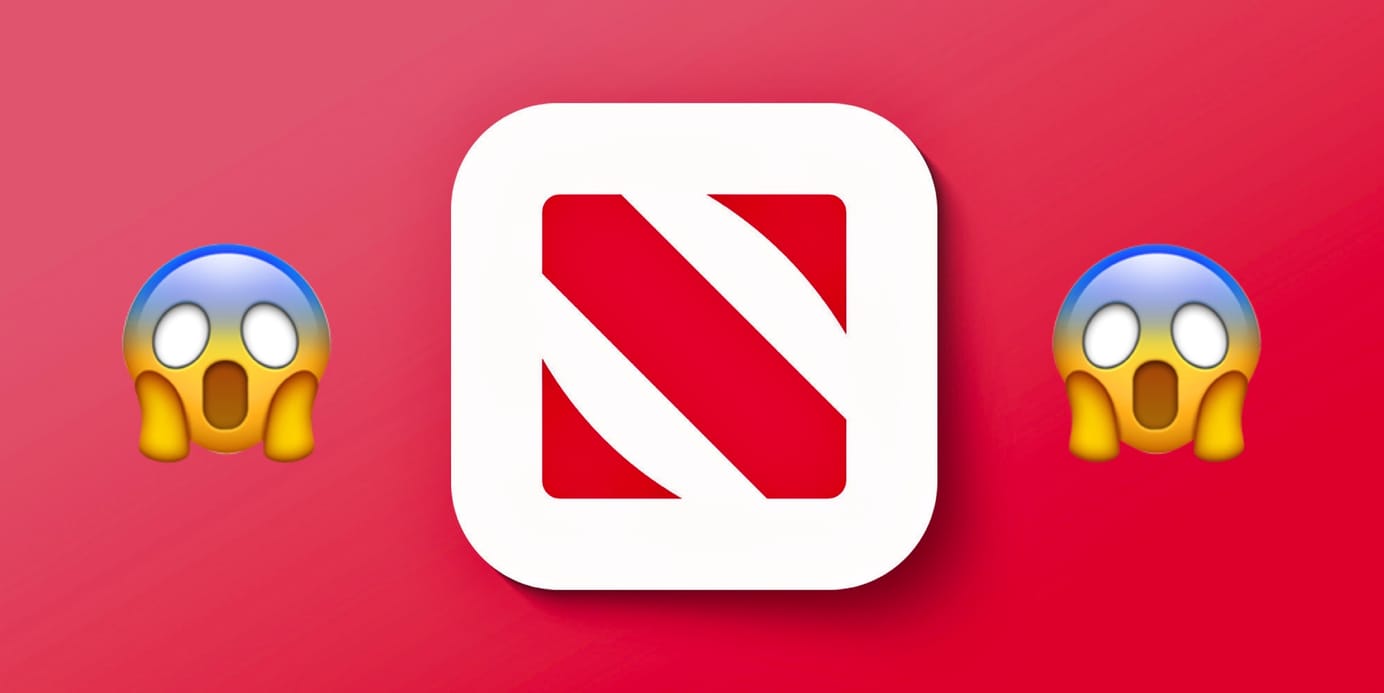
Engaged Reading Digest: Google fights misinformation with $$$$
Google fights back against Covid-19 misinformation, YouTube prepares its TikTok clone and the click frauders gear up…
It's nearly the weekend. For some of you, that will seem irrelevant. What's another day at home? For some of us, it marks the end of home schooling for a couple of weeks. Oh, blessed freedom…
But the media game grinds onwards, in difficult times. It pays to stay abreast of what's happening. Here's some links of note…
YouTube launches YouTok
As video becomes increasingly important, all the major services are copying each other. Facebook is trying to become YouTube — and YouTube is trying to become TikTok.
This probably won't work - but it could be an interesting way for YouTubers to maintain a more constant connection with their audience.
Worth watching, I think.

Google starts acting on Covid-19's media impact
There's no doubt that the economic and societal impact of the novel coronavirus has been quicker and deeper than most of us anticipated. It's no wonder that the major platforms have been running to catch up - and to correct some early errors.
Helpfully, Google is ploughing $6.5million into co-ordinating and supporting media-led fact-checking around viral misinformation:
As fact-checkers address heightened demand for their work, we are providing immediate support to several organizations. Full Fact and Maldita.es will coordinate efforts in Europe focused on countries with the most cases (Italy, Spain, Germany, France and the United Kingdom) to amplify experts, share trends, and help reduce the spread of harmful false information. In Germany, CORRECTIV will step up its efforts to engage citizens in the fight against misinformation.
I'm often critical of Google's interventions in journalism - but this one is an unqualified good, I'd suggest.

It's also lifting its ban on coronavirus-related advertising. There were good reasons for it, but the law of unintended consequence was strong on this one. The financial hit on many media companies was not the point— but was a major result. This starts to unwind that:

Click fraud not letting a good crisis go to waste
People switch to working from home. Many of them are using less secure home devices. Malware proliferates. Click fraud proliferates.
This is not going to help the media revenue crisis.

Archive Corner

As noted last month, this blog has been running for 17 years. I'm going to occasionally highlight some old posts from the archive.
Today, thanks to a Facebook post by Stephanie Booth, I started thinking about LeWeb 3, the first major digital conference I attended — in Paris, back in November 2006 — and I've been upgrading some of the posts that suffered through platform migrations since then.
- Soon-to-be French president Nicolas Sarkozy came and spoke to the conference - and it's clear that the argument about internet regulation is at least 14 years old.
- There was a panel discussion about community and "old" media. I was wrong, back then. I was way too optimistic about traditional media's approach to online community, and failed to foresee the wholesale retreat from it the next decade would bring. Where would we be now, if we'd had a commitment to building engaged journalism 14 years ago?
- Maarten Schenk, now a leading light of fact-checker Lead Stories, was a tech guy for blog platform maker Six Apart - and balancing a webcam on his head.
If you find this useful - please consider supporting my work through becoming a paying site member and getting access to exclusive posts, analysis and resources.
Sign up for e-mail updates
Join the newsletter to receive the latest posts in your inbox.














